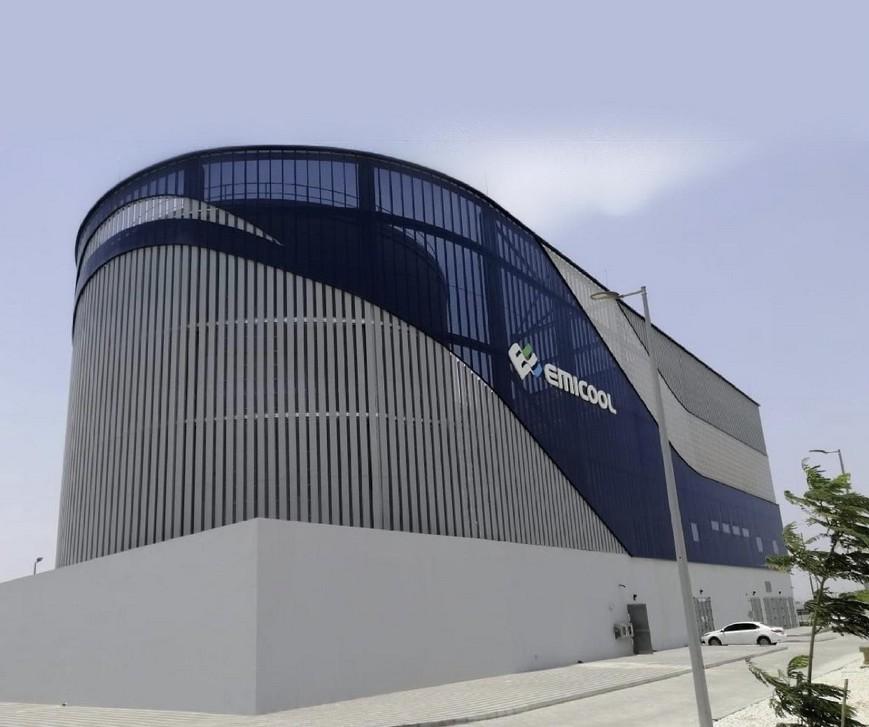Unlocking the Potential of District Cooling in the Middle East

The Middle East is known for its scorching hot temperatures, particularly during the summer months, making cooling a necessity for both residential and commercial buildings. As a result, Middle East district cooling systems have emerged as an attractive solution for meeting cooling demands while reducing energy consumption and greenhouse gas emissions.
The Middle Eastern city of Dubai is a shining example of one that has adopted district cooling systems. Since 2003, the Dubai Electricity and Water Authority (DEWA) has made a concerted effort to encourage the use of district cooling systems in the city. With a capacity of more than 1.5 million refrigeration tonnes, Dubai currently possesses one of the largest district cooling systems in the world (RT).
Here are a few advantages provided by the system:
Environmentally friendly
The Middle East and North Africa (MENA) area has the potential to save up to 30% of energy usage by 2030 through the installation of district cooling systems, according to a report by the International District Cooling and Heating Conference. In order to further minimize carbon emissions, a large supply of renewable energy sources, like solar and wind energy, can also be used in district cooling systems.
Job opportunities
The Middle East and North Africa (MENA) area has the potential to save up to 30% of energy usage by 2030 through the installation of district cooling systems, according to a report by the International District Cooling and Heating Conference. In order to further minimize carbon emissions, a large supply of renewable energy sources, like solar and wind energy, can also be used in district cooling systems.
Scalability
District cooling systems provide excellent options for scalability since they are easily expandable to accommodate urban growth without requiring major infrastructure changes.
This aspect is especially important in a city like Dubai, which is expanding quickly and is likely to do so in the future. The associated expenditures are decreased, and the city's cooling needs are effectively handled because the system can be expanded without requiring major changes..
Energy efficiency
District cooling systems in Dubai, according to DEWA, use up to 50% less energy than traditional cooling systems. This is because energy losses that occur during the transport of cooling from the central plant to the buildings have been eliminated and high-efficiency chillers are being used.

Before deploying a fully operational DCS system, you should also be aware of certain limitations.
Initial investment
The initial capital expense of starting the building cooling system, which might be substantial, is one of the key obstacles. However, the system's long-term energy savings and environmental advantages can more than make up for this expense.
Maintenance
To ensure the system operates effectively and to prevent leaks and other problems that could harm the system's effectiveness, frequent maintenance is required.
Thus, it is clear from the above that district cooling systems have great potential in the Middle East. If you want to employ DCS in your apartment/office, contact Emicool, one of the most reputed energy companies in Dubai.
